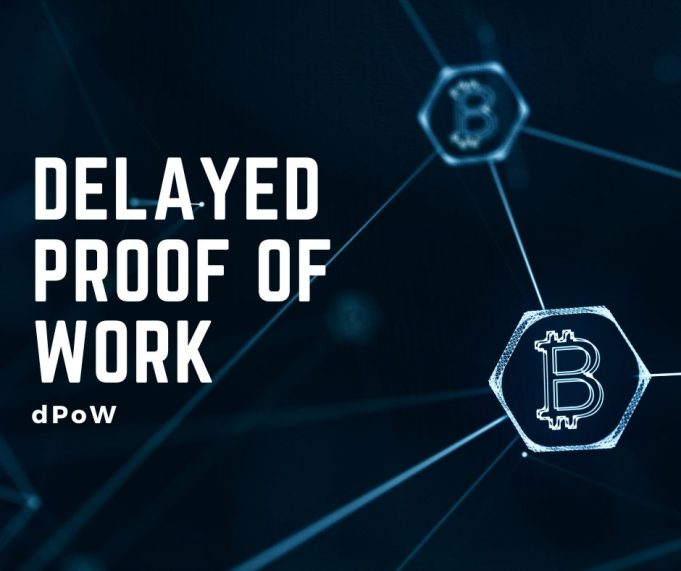The Komodo project has come up with an innovative way to enhance network security – Delayed Proof of Work (dPoW). It is based on the tried-and-true Proof of Work(PoW) consensus algorithm, but with a few tweaks and modifications. dPoW enables the developers to not only secure their own network, but also any third-party chains that integrate into their ecosystem.
dPoW works by taking snapshots of the Komodo blockchain every ten minutes. Then, the snapshot is written onto the Bitcoin blockchain, referred to as notarization. This process effectively creates a backup of the entire system and stores it on the Bitcoin Blockchain.
Komodo’s Notary Nodes are responsible for selecting a block hash from a previously mined block and writing it onto the Komodo ledger. This is done through the use of OP_RETURN, a Bitcoin protocol feature which allows transaction data to be written onto the blockchain. The reason a block hash ten minutes old is chosen is to ensure that the entire network agrees that the block is valid.
The next step is the writing of the block data from the Bitcoin blockchain onto the chains of every other protected chain. Again this is accomplished using the OP_RETURN command. After notarization onto Bitcoin, the chain is essentially as secure as the Bitcoin blockchain itself since an attacker would essentially have to take down Bitcoin to cause any lasting damage.
PoW and dPoW do share some common goals, particularly in regards to maintaining network security and deterring Denial-of-Service attacks. PoW works by having miners expend computational work to solve cryptographic puzzles to gain the right to add a new block to the chain. This is a costly endeavor in terms of both hardware and electricity, but serves as a layer of security against malicious attacks.
dPoW is different in that it is a security mechanism, not a consensus algorithm. Rather than solving puzzles, it’s main purpose is to protect against 51% attacks by making it impossible for blocks that have been notarized to be reorganized. So when a block is notarized, the longest chain rule could begin again from the notarized block.
The implementation of the delayed proof of work protocol provides the network with frequent backups in case the system fails or a successful hack occurs. This makes the notarized blockchain immune from any sort of attack. Any attempts to re-organize or modify the blocks notarized on the Bitcoin will not be accepted by the network.
dPoW has the potential to be used as a security protocol for any blockchain using a UTXO model and not just Komodo. It served the purpose of securing the Komodo network and its users, and could be just as useful and beneficial to any other blockchain network out there.
In conclusion, Delayed Proof of Work is an ingenious security mechanism that enables developers to secure their own networks and any third party networks they integrate their own with. By leveraging Bitcoin’s hashrate and frequent notarization of the Komodo blockchain, dPoW provides an extra layer of security against malicious attacks.













